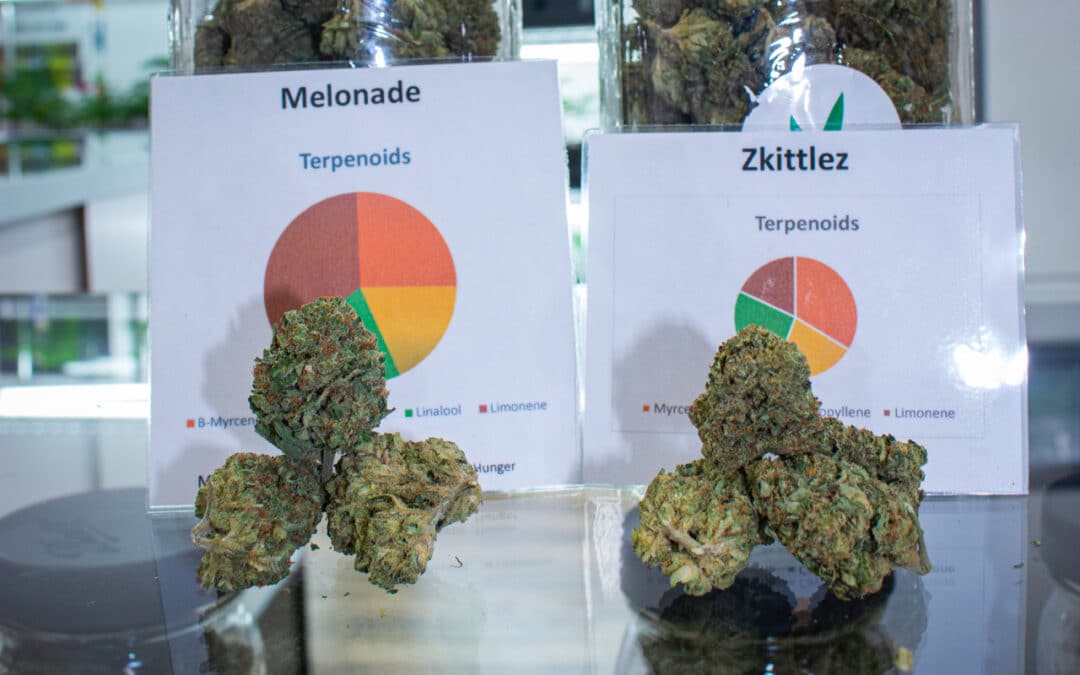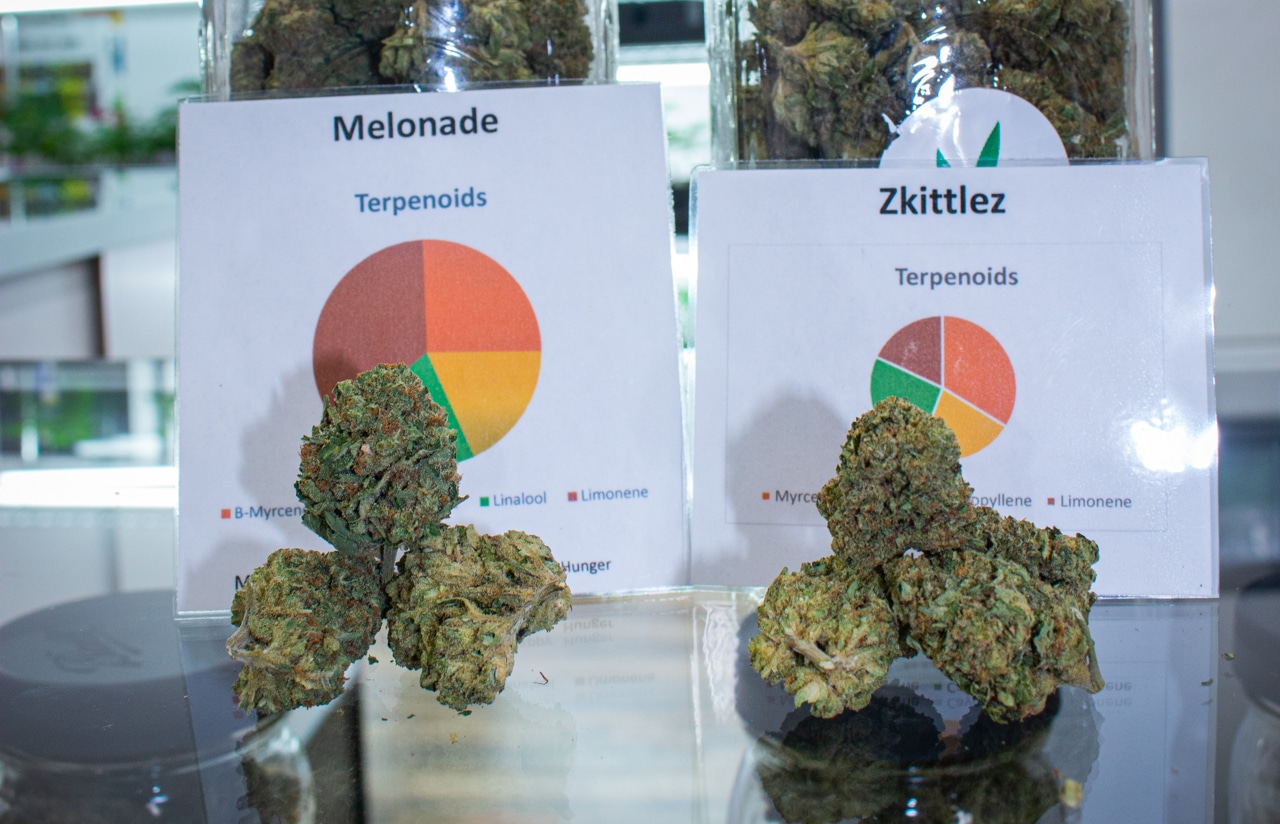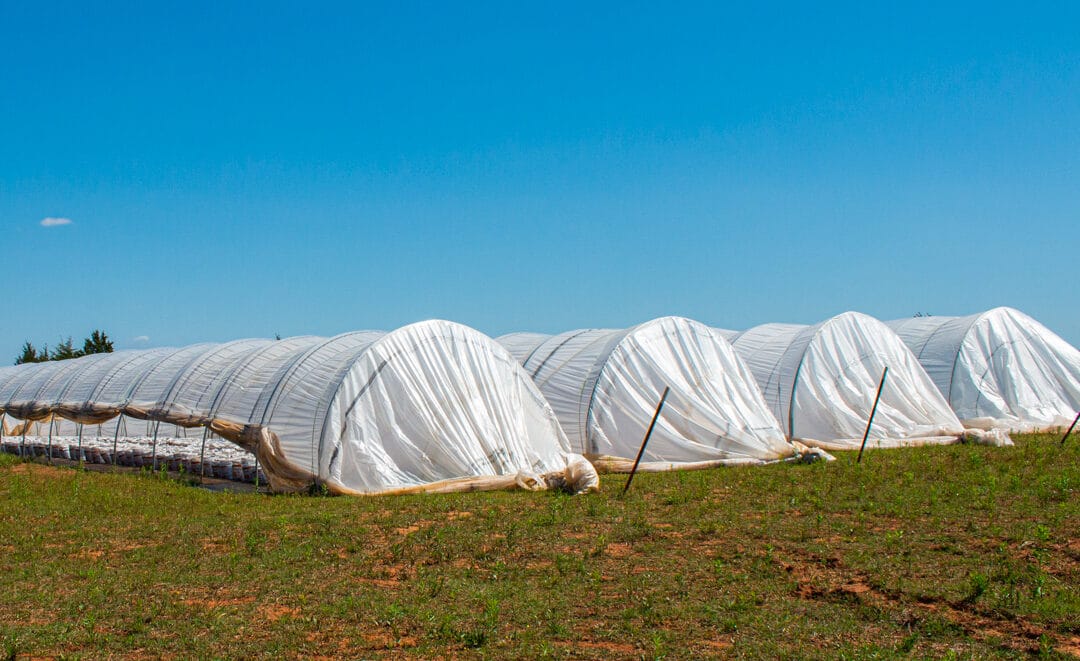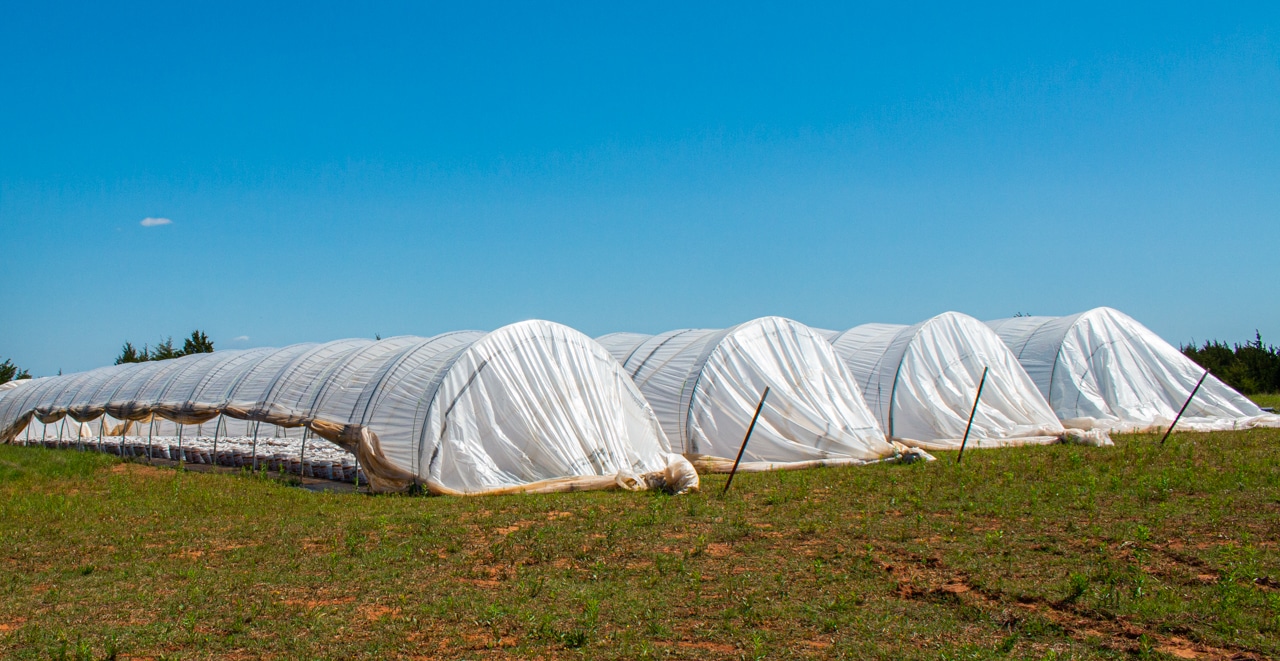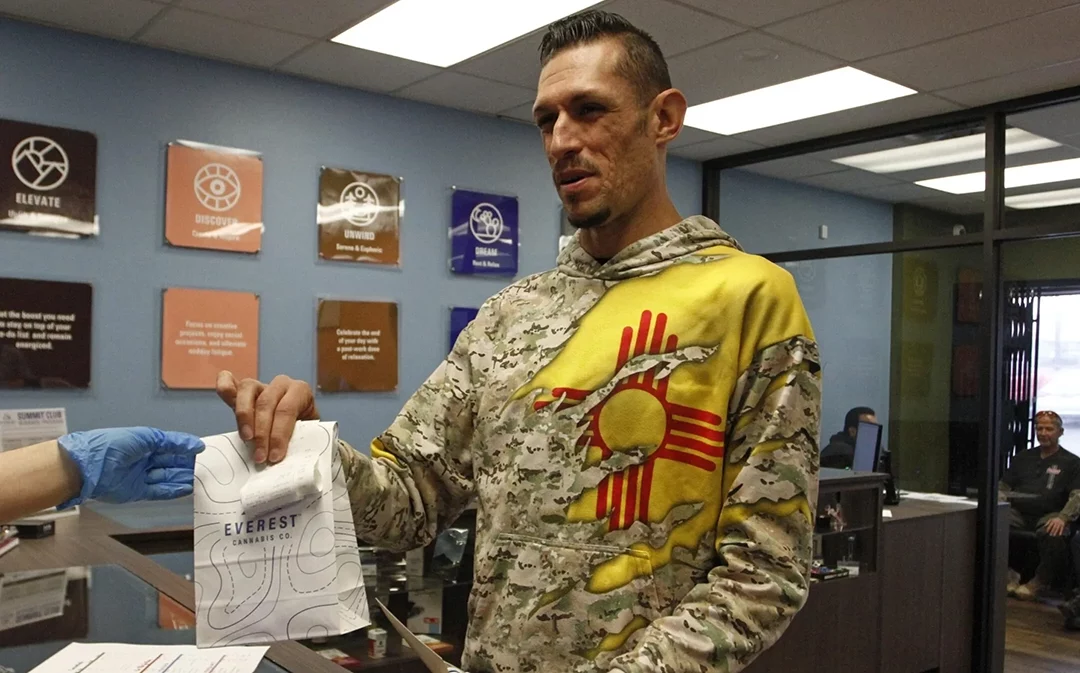
New Mexico cannabis sales pass $4 Million in first weekend

In its first weekend of adult-use recreational cannabis sales, New Mexico cannabis sales surpassed $4 million.
The brand new market broke $3 million on day one as dispensaries across the state opened their doors to customers for the first time. Over the next two days the industry would bring in a total of $4.5 million.
According to state officials, there have been 49,552 transactions for recreational cannabis as of 12 pm Sunday, totaling $3,092,712. During that same period, about $1,425,000 worth of medical cannabis was sold.
The first recreational cannabis transaction occurred at 12:01 a.m. in Las Cruces. Sales in the state’s largest city, Albuquerque, didn’t start till 10 a.m. By noon Friday, recreational sales had reached $476,000. About 70 percent of all cannabis sales Friday were for recreational use.
New Mexico cannabis sales for adult-use were signed into law by the state’s governor in April 2021. By December 2021 the state’s Cannabis Control Division began accepting applications with no limits on how many licenses would be given out.
Other states have taken similar approaches, like Oklahoma, which also didn’t put limits on licenses or plant counts for cultivators. While Oklahoma’s market is now oversaturated with cannabis products driving prices down, it is way too soon to say if New Mexico will face a similar issue.




